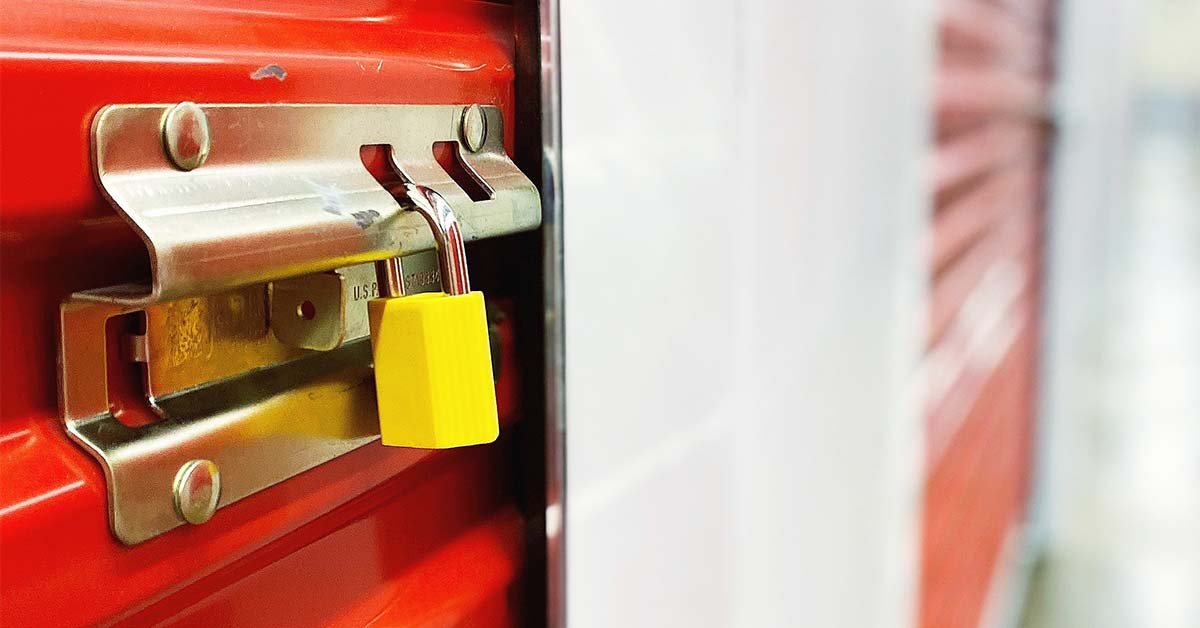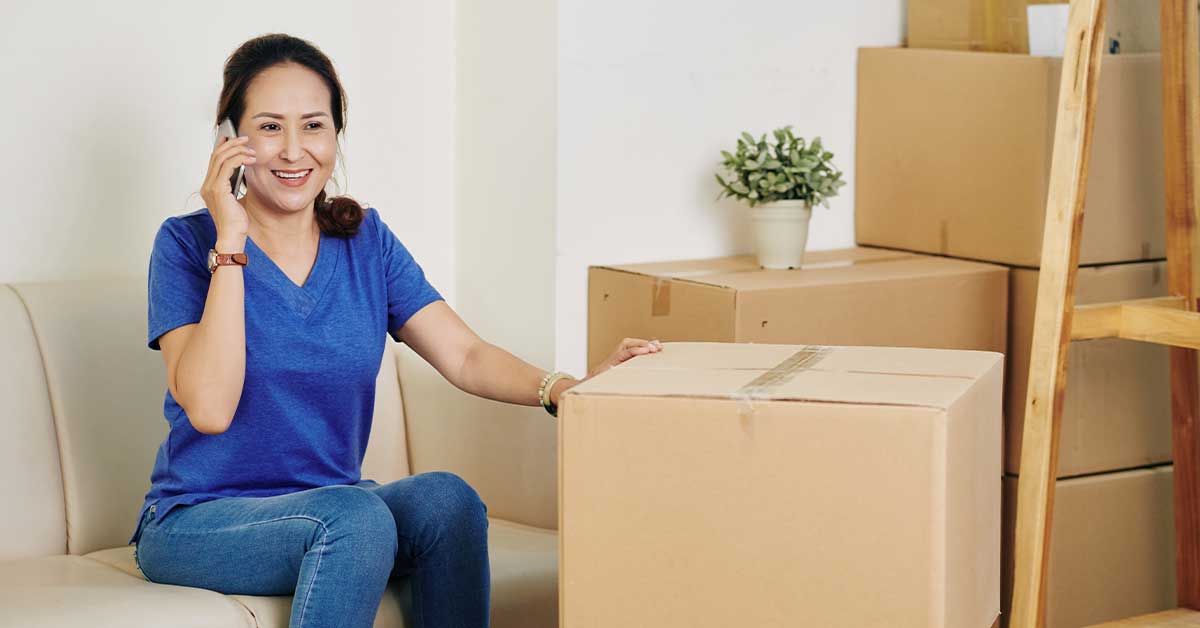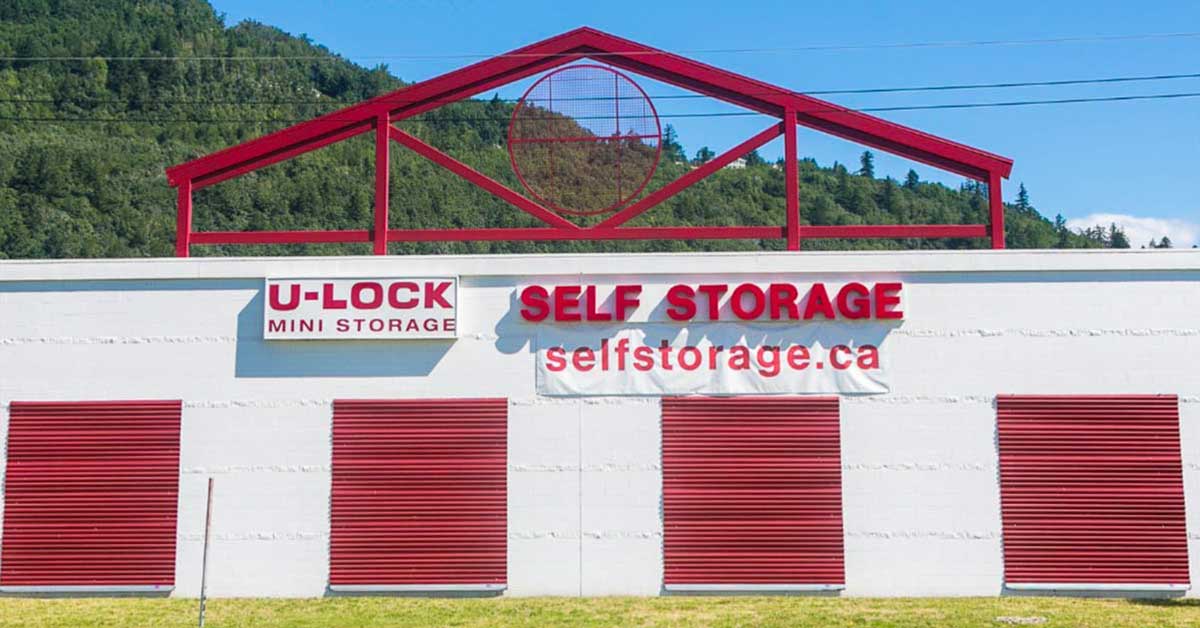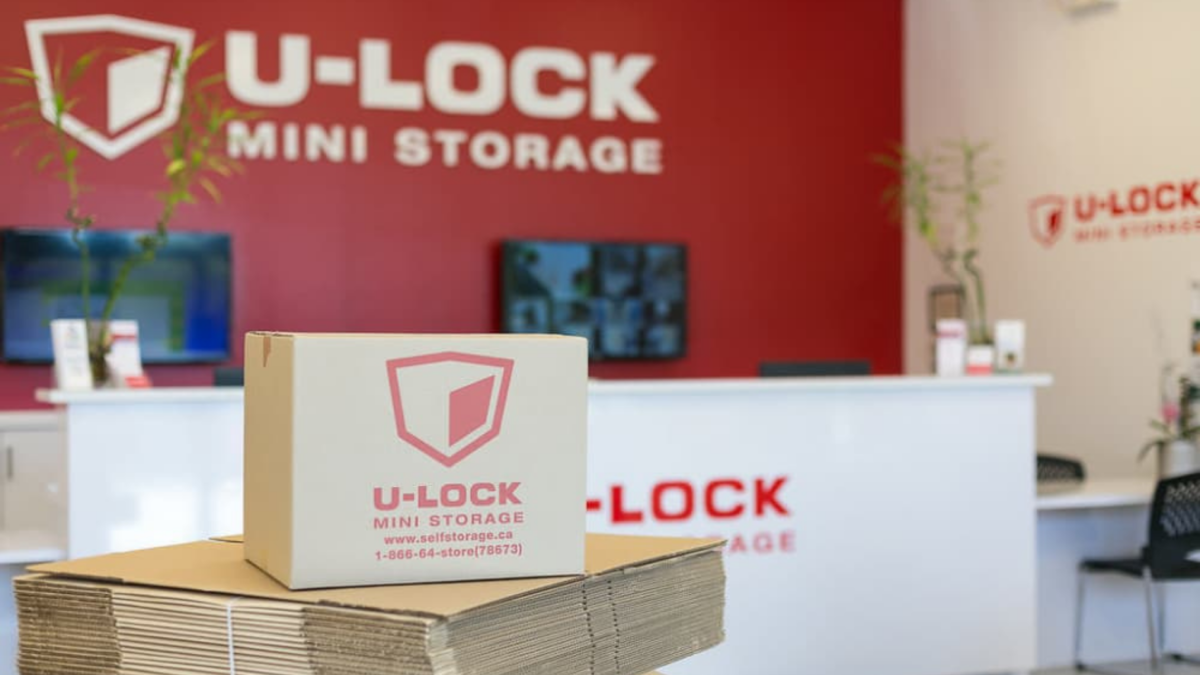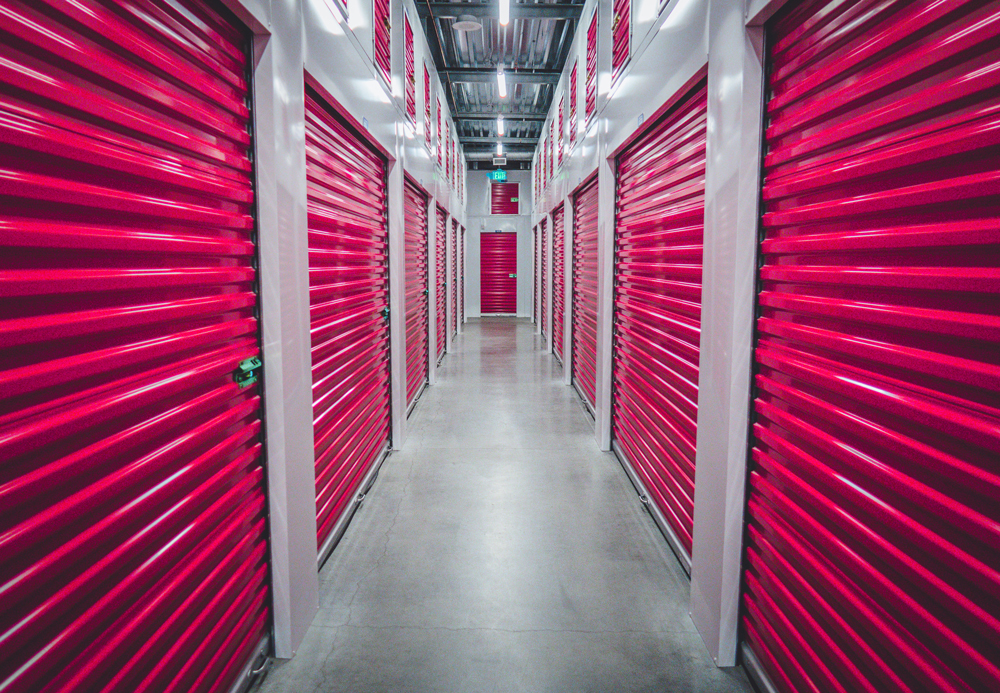Renting a storage unit is a terrific solution to declutter your business space. Whether you are looking to free up office or retail space, a storage unit will help you achieve optimal workplace organization and hygiene.
Here are the top four signs your business should rent a storage unit:
1. You are running out of space
With social distancing policies in full effect in the public spaces and within offices, some companies are running out of room in their workplace. Areas that were once used to store documents are now needed to provide space for staff. This is when a storage unit comes in handy.
By renting a storage unit that meets your needs, you will gain space to store documents, office supplies, and equipment. At U-Lock Mini Storage, you can choose from a variety of unit sizes we offer. For starters, we have the 5×5 feet unit which is equivalent to a regular closet. If you only have a few items or documents to store, the 5×5 feet storage unit will surely suffice! If you have more items to store and need a bigger space, we have the 5×10 feet storage unit available. This storage unit size is equivalent to a walk-in closet and it is ideal for those who want store documents and possibly some office equipment or supplies.
If you have even more office items to store, you can rent a 5×15 feet storage unit.This storage unit size is approximately the same as a large closet and it has the capacity to store business supplies, a few pieces of furniture, sofas, chairs, chest of drawers, as well as some small items and boxes.
2. Security Concerns
If you have security concerns for your office and don’t want to store important documents on-site, rent a storage unit.
All of our storage units are secured in a gated facility with perimeter fencing and a main gate. The perimeter fencing keeps out people who are not staff or storage users at the facility. The main gate with electronic access can only be opened or closed when a code is entered on an electronic keypad. This enhanced security protocol ensures that only customers and staff can enter the perimeter while keeping track of who enters or exits the building.
Moreover, some of our storage units are individually alarmed. Renters are given a unique access code to disable the alarm to enter, and enable it on their way out. An attempt to break into an alarmed unit will trigger the alarm system and security or law enforcement will be called to remedy the problem.
The whole perimeter is also monitored 24 hours a day using digital video surveillance with multiple cameras, which are placed strategically in different locations to capture footage from all angles. Any potential thieves, trespassers, or malicious activities will be recorded.
3. You are Moving to a New Office
If you are moving to a new office or facility and have documents or office supplies or equipment that you do not want to bring into your new space just yet, rent a storage unit.
As mentioned before, we have a variety of storage unit sizes to choose from. You can start with the 5×5 feet storage unit if you only have a few office supplies or equipment to store. If the 5×5 feet storage unit does not suffice, you are welcome to upgrade to 5×10 feet, 5×15 feet, or bigger storage units!
4. You Have Inventory Surplus
If you are a retailer operating a brick and mortar store, you can significantly benefit from the perks of self storage. Oftentimes, it becomes difficult to keep your inventory under control with seasonal changes. Using the additional storage space a storage unit provides can help you better manage your day-to-day operation. The temporary storage can be used to store items that do not fit on your shelves or need to wait to be displayed later.
Additionally, businesses can better prepare for seasonal sales by acquiring merchandise in advance. For instance, summer clearances which normally occur in late July and August, can be managed much earlier by buying stock in advance and keeping it in storage and then sold during the clearance period. Businesses can purchase clearance stock at competitive prices in advance and sell later at higher prices. Businesses can also rent storage units to store out-of-season products; for example, a retailer can store their summer items when autumn comes to make room for seasonal items in the retail store.
You can also rent heat-controlled units to help protect your merchandise. heat-controlled storage is a special type of storage that allows you to regulate and maintain a certain temperature inside your self-storage unit.
Heat controlled storage is a great way to protect your belongings such as furniture, works of art, and other delicate items from harsh conditions, like humidity and extremely hot or cold temperatures.
Although you may not realize it, many items are prone to damage if stored in these irregular conditions, so heat-controlled storage is the ideal solution to preserve your items.
Here are examples of items that will benefit from a heat-controlled storage unit:
- Antiques
- Cosmetics & Toiletries
- Art & Collectibles
- Goods and Furniture made of wood, leather, or wicker
- Electronics (e.g. TVs, Stereos, and Computers)
- Media (e.g. CD’s, DVD’s, and Cassette Tapes)
- Candles
- Photographs and Film
- Medications / Medical Supplies
- Bicycles
- Musical Instruments
For specialty businesses such as carpet retailers, it is worth your while to keep a few samples on the premises of your store, while the bulk of your merchandise can safely sit inside a storage unit ready to ship as needed. Similarly, utility stores can take advantage of container storage to keep some of their stock outside the store. As sledges, gloves and snow shovels will sell at a higher markup during winter, it is sensible to put them into storage as opposed to selling them for a reduced price in the summer.
Questions? Feel free to call us at 1.866.647.8673 or contact us online at https://www.selfstorage.ca/contact-us and our staff will be more than happy to answer any questions you may have!
Looking to reserve a storage unit? Find a self storage facility near you:
- Self storage Burnaby or Vancouver
- Self storage Chilliwack
- Self storage South Surrey or White Rock
- Self storage Parksville
- Self storage Nanaimo
- Self storage Victoria

